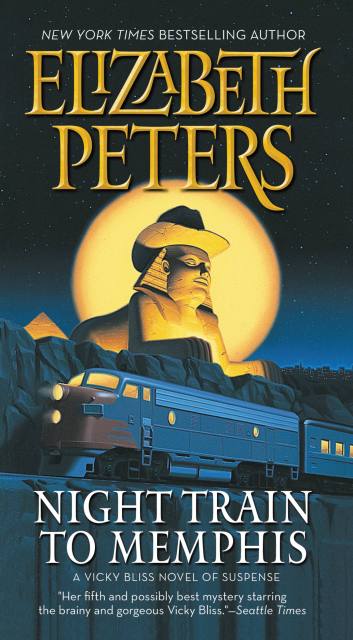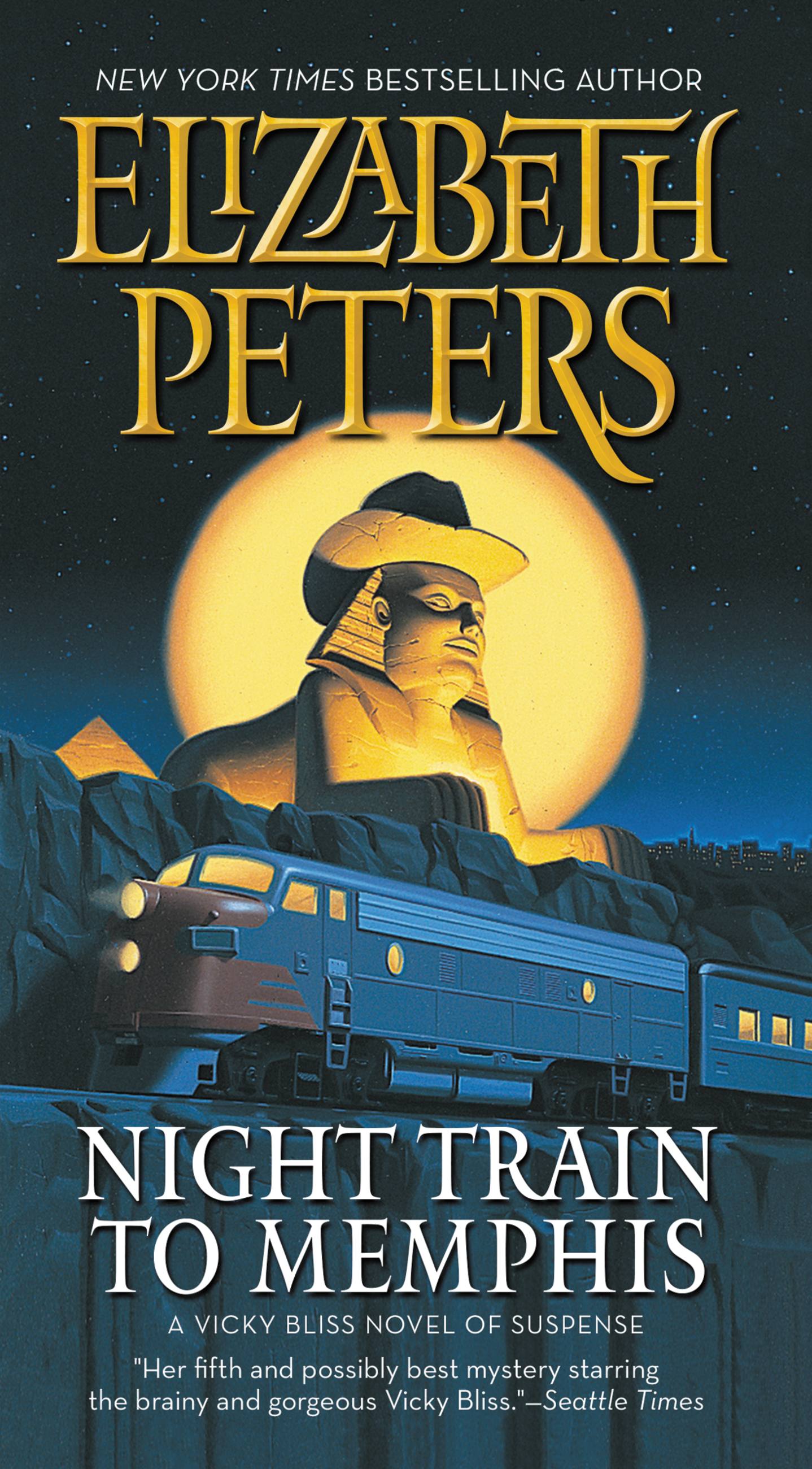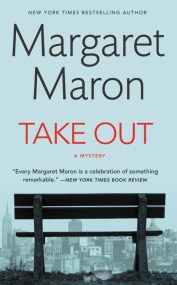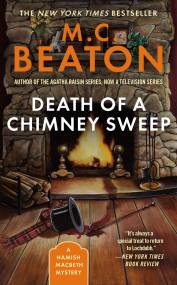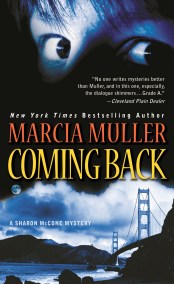By clicking “Accept,” you agree to the use of cookies and similar technologies on your device as set forth in our Cookie Policy and our Privacy Policy. Please note that certain cookies are essential for this website to function properly and do not require user consent to be deployed.
Night Train to Memphis
Contributors
Formats and Prices
- On Sale
- Aug 6, 2013
- Page Count
- 368 pages
- Publisher
- Grand Central Publishing
- ISBN-13
- 9781455552641
Price
$7.99Price
$9.99 CADFormat
Format:
ebook $7.99 $9.99 CADThis item is a preorder. Your payment method will be charged immediately, and the product is expected to ship on or around August 6, 2013. This date is subject to change due to shipping delays beyond our control.
Buy from Other Retailers:
An assistant curator of Munich’s National Museum, Vicky Bliss is no expert on Egypt, but she does have a Ph.D. in solving crimes. So when an intelligence agency offers her a luxury Nile cruise if she’ll help solve a murder and stop a heist of Egyptian antiquities, all 5’11” of her takes the plunge. Vicky suspects the authorities really want her to lead them to her missing lover, the art thief and master of disguises she knows only as “Sir John Smythe.” And right in the shadow of the Sphinx she spots him. . . with his new flame. Vicky is so furious at this romantic stab-in-the-back, not to mention the sudden arrival of her meddling boss, Herr Dr. Schmidt, that she may overlook a danger as old as the pharaohs and as unchanging. . . a criminal who hides behind a mask of charm while moving in for the kill.
Newsletter Signup
By clicking ‘Sign Up,’ I acknowledge that I have read and agree to Hachette Book Group’s Privacy Policy and Terms of Use
